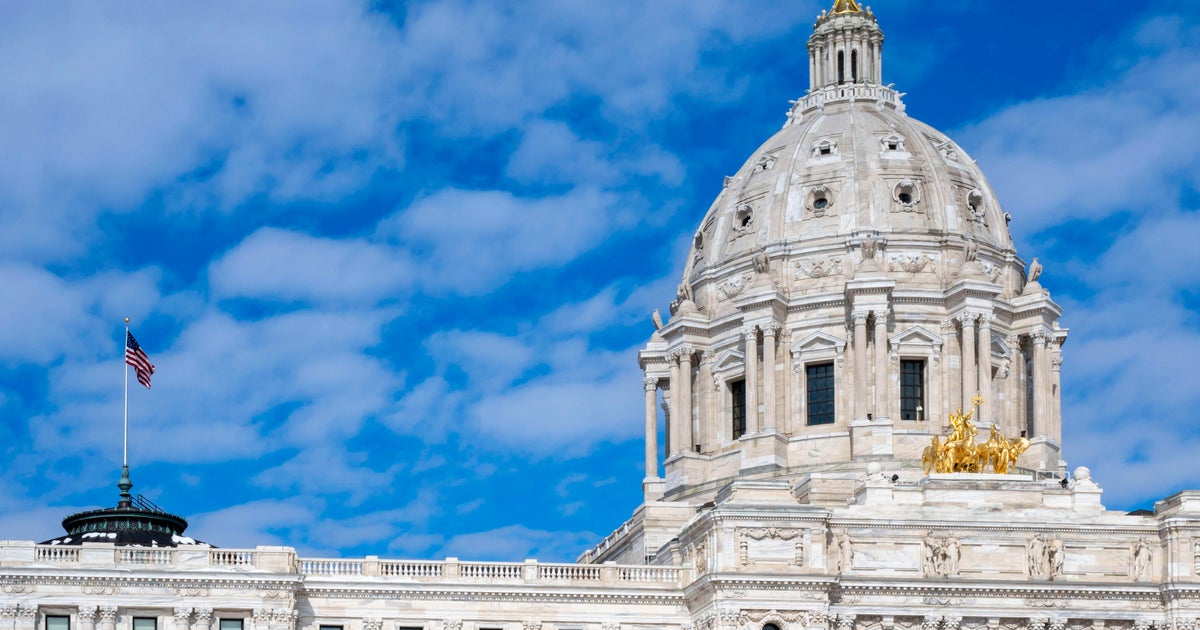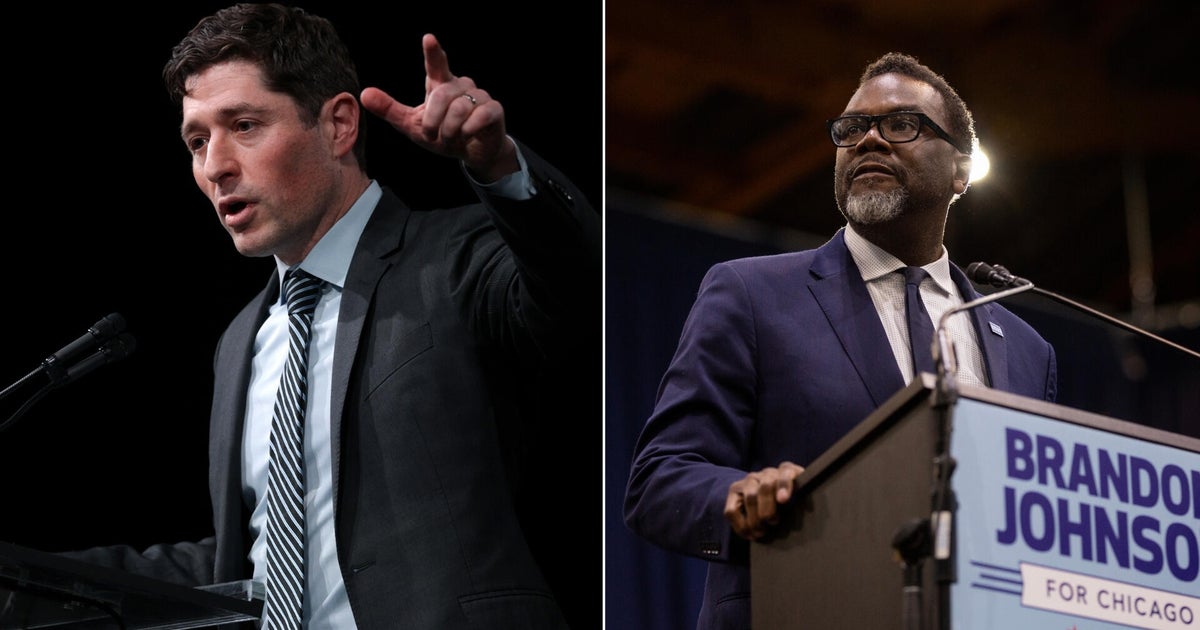70 bipartisan mayors commit to conserving 30% of American lands by 2030
Seventy of the nation's mayors have endorsed a campaign dedicated to conserving 30% of America's lands, waters and oceans by 2030, an effort dubbed the 30x30 initiative.
The mayors represent 29 states, and Washington, D.C. Most serve in a nonpartisan or independent office, while 21 are Democrats and four are Republican. Cities represented include Chicago, Miami-Dade County and Phoenix.
The letter, organized by the League of Conservation Voters, pledges to "emphasize the importance of locally-led conservation efforts" meant to fight the climate crisis and "reverse the decline of America's wildlife, waterways, and natural places."
President Biden supports the campaign — in January, he signed an executive order committing to the same 30x30 goal.
It's also a global campaign. In January, 50 countries pledged to meet the target, including the UK, France and Canada.
Boise, Idaho Mayor Lauren McLean, a Democrat, said that "conservation in the West is not a red or blue issue."
But some remain unconvinced. Last month, during the Senate Energy and Natural Resources Committee's confirmation hearing for Interior Secretary nominee Debra Haaland, multiple Republican senators voiced opposition to the conservation campaign and Haaland's support for it.
Montana Senator Steve Daines said the conservation effort "can create challenges" for ranchers and grazing authorization. He also questioned what the effort could mean for private landowners.
In a statement to CBS News, Daines' press secretary Kathierine McKeough criticized the administration and Haaland for a lack of details in implementing the 30x30 plan.
"[T]he 30x30 initiative is just another radical attempt by Biden to lock-up public lands and restrict Montanans' access for multiple use," McKeough said.
Helena, Montana's Democratic Mayor Wilmot Collins signed on to support the initiative. Wilmot said it was "sad" to see the Daines "politicizing" the cause.
"Some things are just not political," said Wilmot. "Conservation is science."
Wilmot argued that Helena's majestic landscapes and dependence on tourism made deciding to support "30x30" a "no brainer."
McLean said that private landowners' concerns ought to be listened to, and that in Boise they would work together with "willing landowners" as the city did 50 years ago when mapping the 25-mile Boise River Greenbelt.
Arthur Middelton, assistant professor of wildlife management and policy at University of California, Berkeley, said private landowners have valid concerns about federally mandated conservation goals, particularly because "30x30" does not detail specifics other than the national 2030 goal. However, Middleton said there's a "very clear relationship" between conservation and climate change.
"It's quite simply a fact that if we want to stave off a coming mass extinction, we're going to need to do more to conserve land and waters to protect species," said Middleton.
Middleton added that not since President Richard Nixon has there been a broad, White House-led conservation effort in the U.S. It's crucial, Middleton said, for there to be multiple levels of government all across the country working to achieve a conservation goal.
Jim Brainard, mayor of Carmel, Indiana, is one of four Republican mayors to sign on to the 30x30 commitment. Brainard told CBS News that supporting conservation makes fiscal sense because it will contribute to reducing urban sprawl and boosting tourism.
He said he's often asked about being a Republican who's trying to fight climate change. And he responds by pointing to Republican presidents like Theodore Roosevelt and Nixon as environmental leaders. For him, ideological gridlock isn't the answer.
"There are three parties in the United States: Republicans, Democrats, and mayors. Mayors don't really have time for a lot of partisanship. We just have to provide results for people that live in our cities and towns," he said.
"Everyone should have a shared interest in leaving the earth a better place than we found it."



